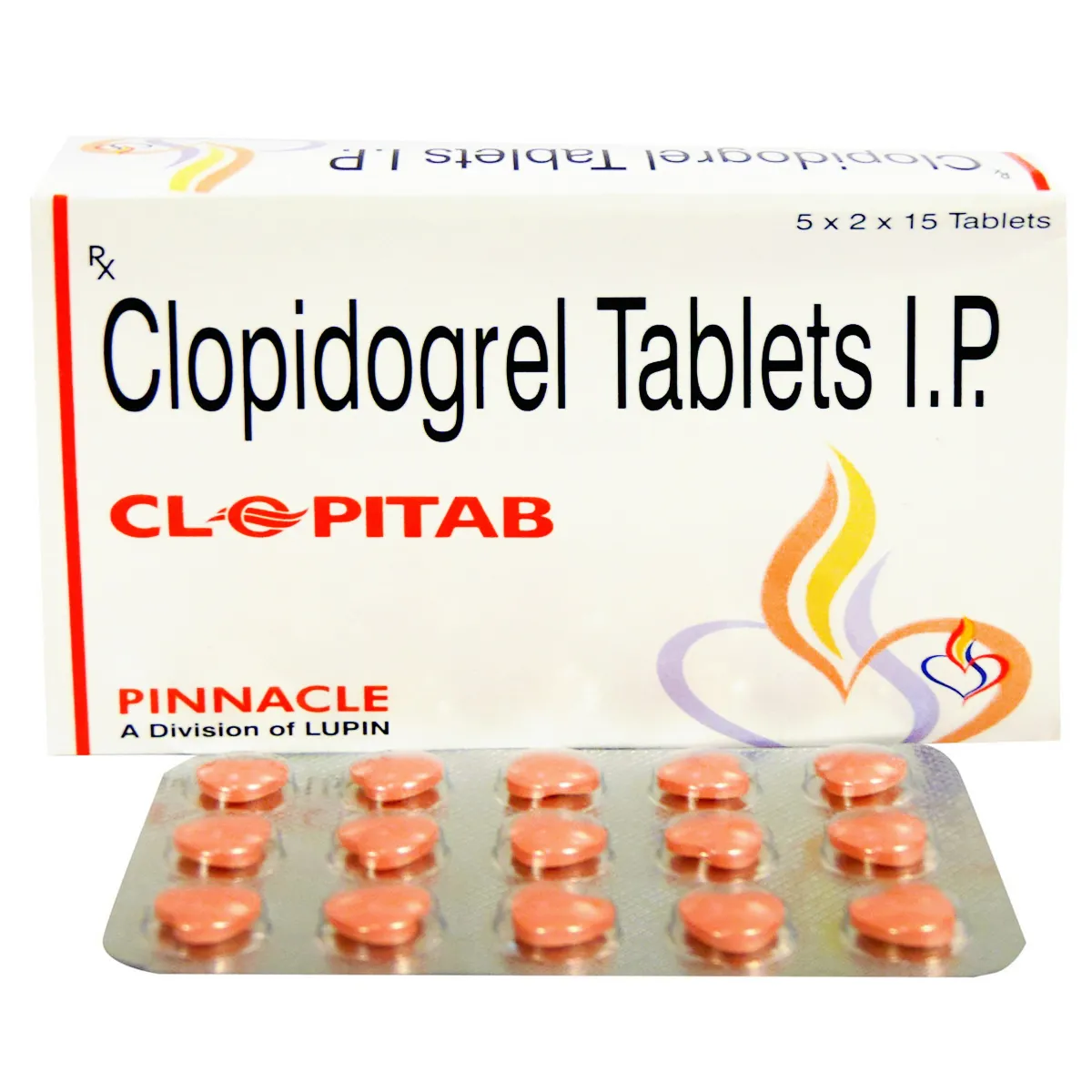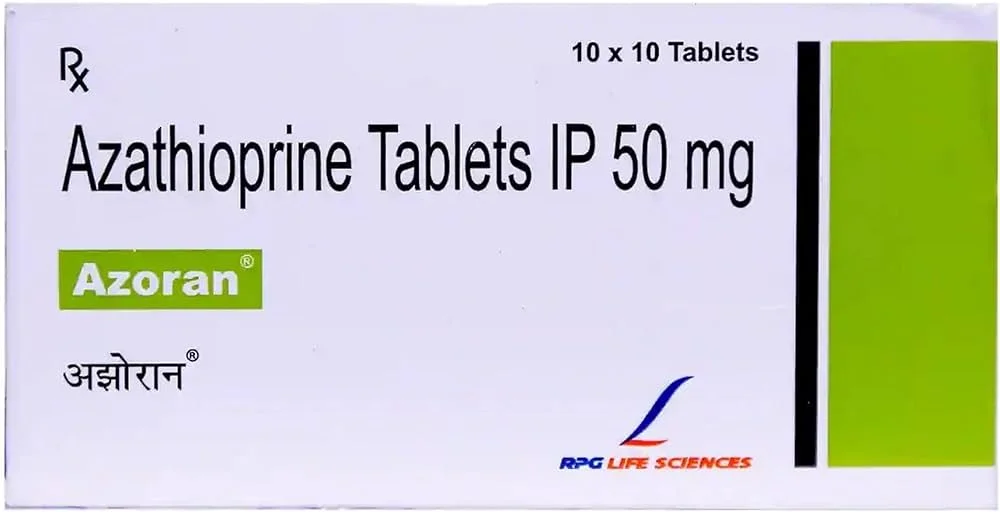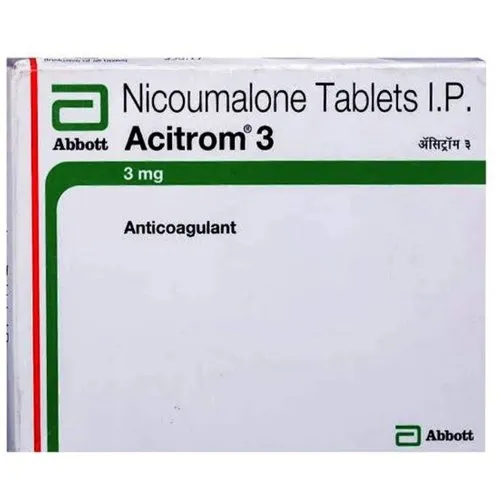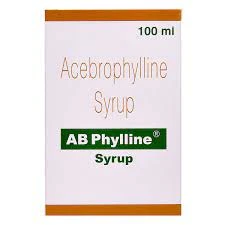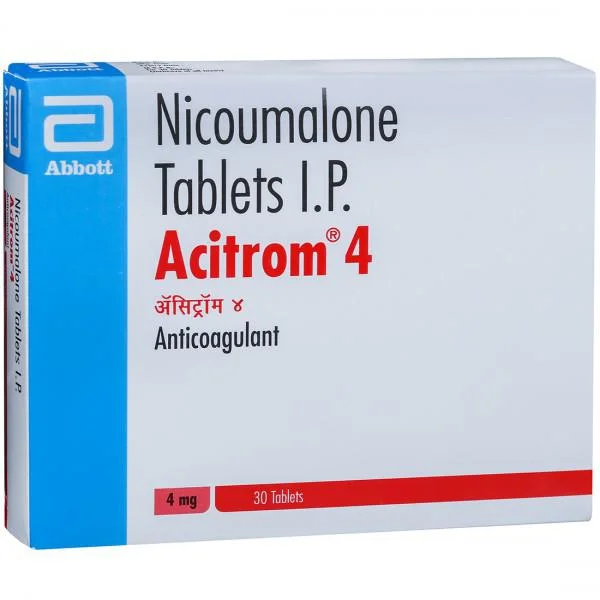Use:
Antiplatelet medicine or blood thinner is a type of medicine used to reduce the risk of heart attack or stroke by preventing the formation of dangerous blood clots in the blood vessels. This type of medicine is commonly used to protect the heart.
Indication:
This medicine is prescribed to people who are at a high risk of developing heart disease. It is used to treat peripheral vascular disease (problems with blood circulation caused by narrowing of the blood vessels), those who have recently had a stroke or heart attack, those who have irregular heartbeats and those who have had certain heart procedures such as stents. It can also be used in combination with certain other medicines used to treat heart attack and certain types of chest pain known as unstable angina pectoris.
This medicine can be taken with food or without it. It is best to take it at the same time every day. Even if you feel fine, it is important to continue taking this medicine. Stopping it may increase your risk of heart attack or stroke
Side Effects:
The most common side effects with this medicine are bleeding. Bleeding can occur in various ways, such as bruising, nose bleeding, blood in your urine or in your stool (black-colored stool), or heavier periods in women. Bleeding can also occur if you cut or hurt yourself. Bleeding episodes are usually mild and go away on their own, but it is important to speak to your doctor as soon as possible if bleeding persists or if it disturbs you.
Safety Advice:
Some people may not be able to take this medicine. Do not take this medicine if you are bleeding internally, such as from a stomach ulcer, or externally, such as from the brain. Please inform your doctor if you have a history of blood clotting problems or if you recently had a severe injury or surgery. You may need to temporarily stop taking this medicine prior to scheduled surgery or dental procedures.

